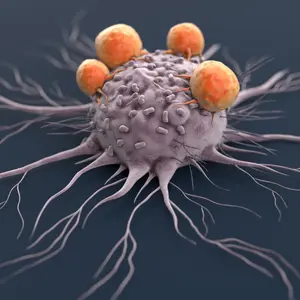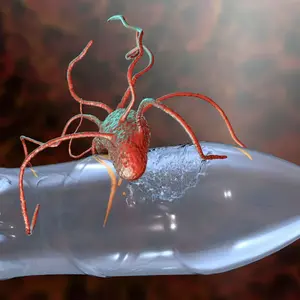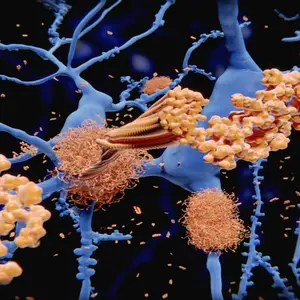

Emerging

Emerging
“Chemical Imbalance” Theory of Depression Debunked
The idea that depression is caused by a chemical imbalance, particularly serotonin deficiency, has been popular and influential for decades. A link between lowered serotonin and depression was first suggested in the 1960s, and widely publicized from the 1990s with the advent of the Selective Serotonin Reuptake Inhibitor (SSRI) antidepressants. Surveys suggest that 80% or more of the general public now believe that depression is caused by a chemical imbalance. Many general practitioners also subscribe to this view and popular websites commonly cite the theory.
A new study out of the UK published in Molecular Psychiatry has debunked this serotonin theory. The researchers did a systematic review of studies on this topic and sought to establish whether the current evidence supports a role for lowered serotonin in the causation of depression.
The researchers found no convincing evidence of there being an association between serotonin and depression, and no support for the hypothesis that depression is caused by lowered serotonin activity or concentrations. Most studies found no evidence of reduced serotonin activity in people with depression compared to people without, and methods to reduce serotonin availability did not consistently lower mood in study participants.
The belief that depression results from a chemical imbalance shapes how people understand their moods, leading to a pessimistic outlook on the outcome of depression and negative expectancies about the possibility of self-regulation of mood. The serotonin theory of depression also has historically provided an important justification for the use of antidepressants and may discourage people from discontinuing treatment, potentially leading to lifelong dependence on these drugs.
However, some evidence was consistent with the possibility that long-term antidepressant use actually reduces serotonin concentration. Lowered serotonin availability has also been demonstrated in animal studies following prolonged antidepressant administration.
This review suggests that the huge research effort based on the serotonin hypothesis has not produced convincing evidence of a biochemical basis to depression, and the researchers suggest that it is time to acknowledge that the serotonin theory of depression is not empirically substantiated.
REFERENCES
Moncrieff, J., et. al. (2022, July 20). The serotonin theory of depression: a systematic umbrella review of the evidence. Molecular Psychiatry. https://doi.org/10.1038/s41380-022-01661-0


 By
By







